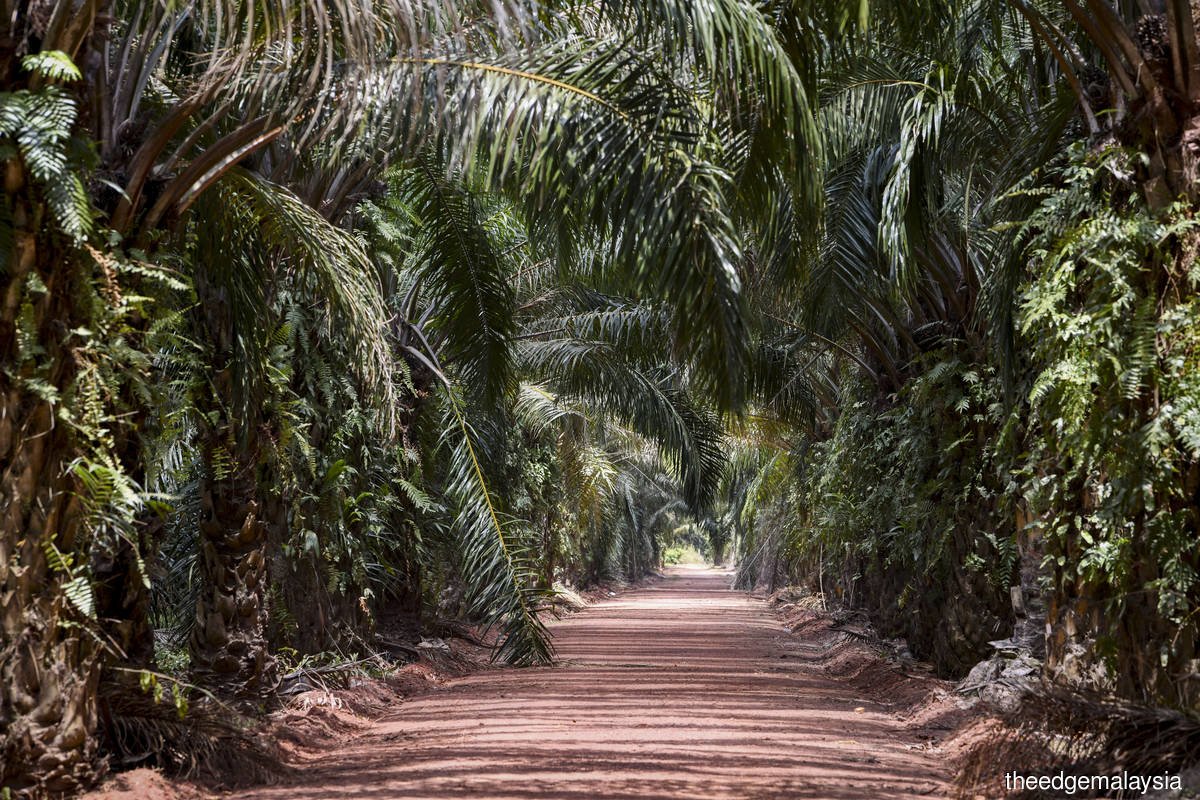Palm oil prices are expected to remain elevated due to decreased production and rising biofuel demand.
Indonesia's efforts to promote biodiesel and its stagnant production are causing an increase in global vegetable oil prices.
Palm oil prices are projected to stay elevated for years, driven by a slowdown in production growth and Indonesia's increased usage of the commodity for biodiesel. As the leading producer, Indonesia has upped its biodiesel mandate to forty percent and intends to raise it further. This transition, combined with limited plantation expansion and aging trees, has reduced exports and pushed palm oil prices above those of competing oils. India, the largest importer, has witnessed crude palm oil prices surge from under five hundred per metric ton in 2019 to over one thousand one hundred.
The growth of palm oil production has decelerated to merely one percent annually, which is significantly lower than the rapid expansion seen in previous decades. Malaysia faces limited opportunities for new plantations, and Indonesia has imposed restrictions on land development. Replanting efforts are lagging as farmers are reluctant to invest, primarily due to high costs and the loss of income during the maturation of trees. With rising demand from biofuels and industrial sectors, the global supply gap is expanding, raising alarms about potential long-term shortages and inflation risks.
Industry specialists caution that without new planting permits in Indonesia, ongoing periodic shortages will persist, keeping prices high. As palm oil is an essential component in food, cosmetics, and fuel, its escalating costs may lead to increased prices for alternative oils like soybean and sunflower, impacting billions of consumers around the globe.
The growth of palm oil production has decelerated to merely one percent annually, which is significantly lower than the rapid expansion seen in previous decades. Malaysia faces limited opportunities for new plantations, and Indonesia has imposed restrictions on land development. Replanting efforts are lagging as farmers are reluctant to invest, primarily due to high costs and the loss of income during the maturation of trees. With rising demand from biofuels and industrial sectors, the global supply gap is expanding, raising alarms about potential long-term shortages and inflation risks.
Industry specialists caution that without new planting permits in Indonesia, ongoing periodic shortages will persist, keeping prices high. As palm oil is an essential component in food, cosmetics, and fuel, its escalating costs may lead to increased prices for alternative oils like soybean and sunflower, impacting billions of consumers around the globe.


















